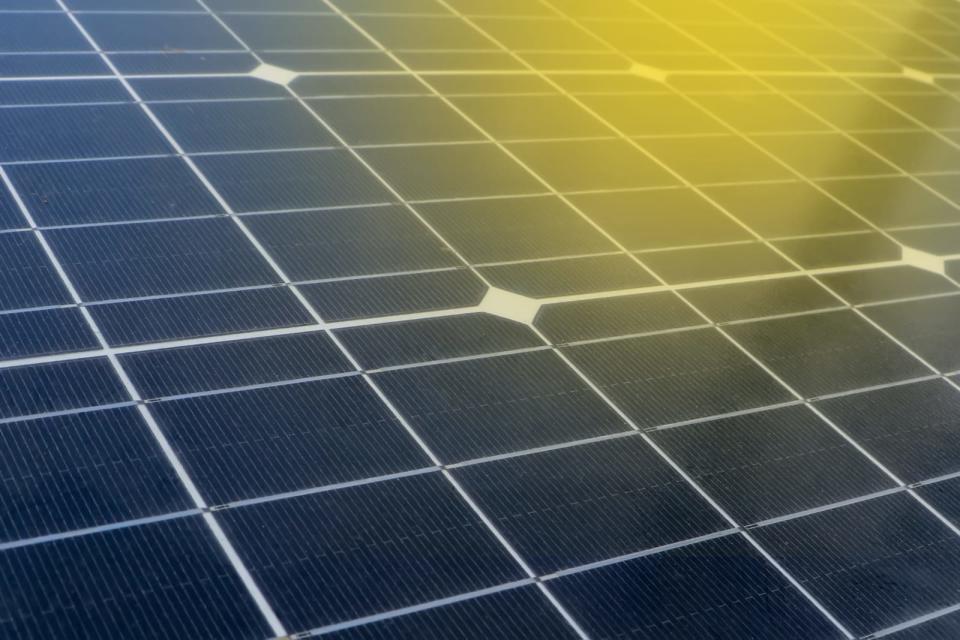New solar cell generates hydrogen and electricity at the same time
It's a double duty win for renewable energy.
In the ongoing pursuit of abundant, renewable alternatives to fossil fuels, scientists have produced hydrogen for fuel cells through artificial photosynthesis, which splits water into hydrogen and oxygen. Traditional processes have struggled to use optical, electronic and chemical properties in a way that makes this method efficient, but now researchers from Berkeley Lab have created a recipe that could completely bypass the limitations in current materials.
The team has created an artificial photosynthesis device called a "hybrid photoelectrochemical and voltaic (HPEV) cell," that turns sunlight and water into two types of energy: hydrogen fuel and electricity. Existing artificial photosynthesis devices can only make use of small percentages of the sunlight that hits them. As lead author of the study, Gideon Segev, says, "It's like always running a car in first gear. This is energy that you could harvest, but because silicon isn't acting at its maximum power point, most of the excited electrons in the silicon have nowhere to go, so they lose their energy before they are utilized to do useful work."

The solution behind the new device, is to simply let those electrons out. The researchers added a second electrical contact to the back of the silicon component in the device, which splits the current produced by the sunlight's energy, and allowing some of the current to split the water in hydrogen and oxygen, and some to be captured as electricity. Previous artificial photosynthesis devices have an efficiency of 6.8 percent. According to Segev, the new design has a combined efficiency of 20.2 percent.
Now the team has the basics down, it says it plans to continue improving the device as well as investigate real-world applications for it. Of course, the design does beg the question, why not just store the extra energy in a battery instead of making hydrogen? Batteries are expensive, is one answer, but fuel cells aren't cheap either. Regardless, hydrogen is going to play a big role in the world's future energy mix, so any steps to improve the efficiency of its harvesting now is good news for later on.


